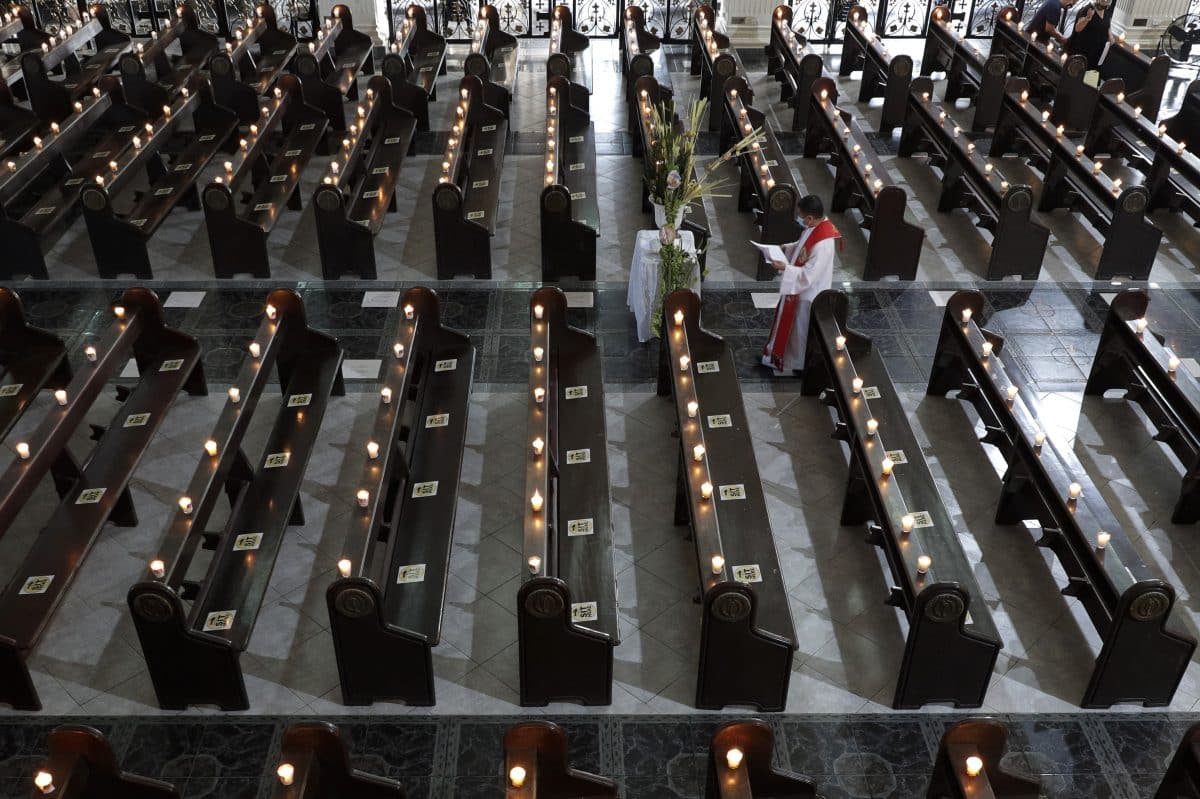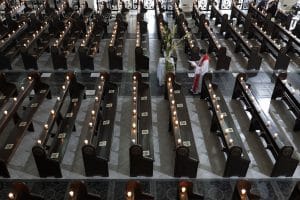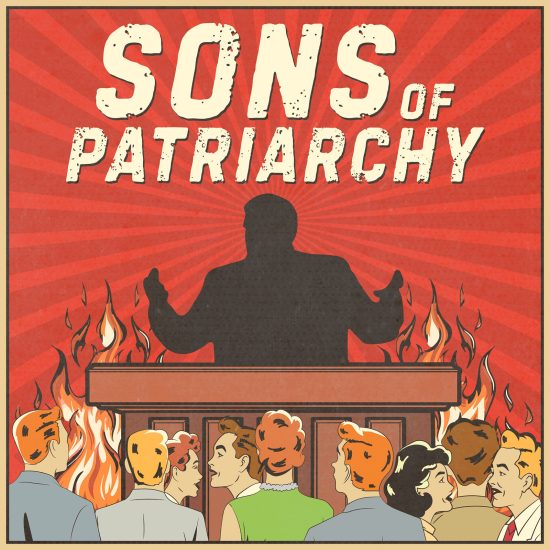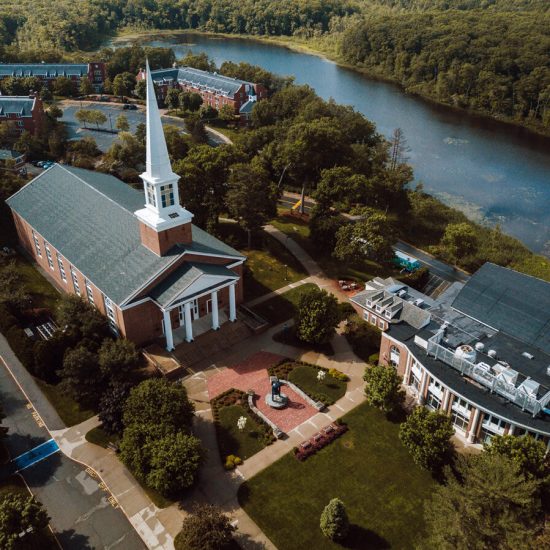
Twenty-seven faith groups released a joint letter Monday (April 12) urging state legislatures not to pass laws to “exempt houses of worship and religious gatherings” from “emergency orders related to public health issues and emergencies such as COVID-19.” Bills carving out special religious exemptions to pandemic rules have been introduced in more than 20 states across the U.S.
“We appreciate the desire to protect our right to worship and gather for religious activities,” explains the letter from Christian, Jewish, and Muslim groups. “Too often, however, these bills are overly broad and could result in policies that threaten public health and safety.”
“Religious freedom does not demand tying the hands of public officials who are trying to safeguard public health as they respond to unforeseen events like pandemics, natural disasters, and other emergencies,” the letter adds. “These bills, which claim to protect houses of worship, do not make religious gatherings safer — to be sure, the pandemic acknowledges no religious exemption.”
Signers of the letter include the American Baptist Home Mission Societies, Baptist Joint Committee for Religious Liberty, Cooperative Baptist Fellowship, Disciples Center for Public Witness, Evangelical Lutheran Church in America, Interfaith Alliance, Methodist Federation for Social Action, Muslims Advocates, National Council of Churches, Presbyterian Church (USA) Office of Public Witness, and Union for Reform Judaism.
The groups noted in their joint letter that recent Supreme Court rulings showed “states can place some limits on in-person religious gatherings” as long as states do not “treat religious activities worse than comparable secular activities.”
“Unfortunately, bills across the states are instead granting houses of worship blanket exemptions from emergency orders in ways that misread the Supreme Court rulings and threaten to harm public health. We oppose those efforts,” the letter adds. “By giving religious gatherings a pre-emptive exemption from future emergency orders, we fear that these bills will unintentionally paint religious communities as part of the problem, not the solution, and thereby undercut our ability to partner with community leaders to defeat the crisis.”

A Catholic priest walks beside empty pews with lighted candles as he prepares for an online mass on March 28, 2021. (Aaron Favila/Associated Press)
The faith groups also mentioned in the letter their support for listening to medical and public health experts on social distancing and guidelines for mass gatherings at houses of worship and elsewhere.
“This pandemic has been difficult for us all. We all wish to return to in-person worship services, but now is the time for religious communities to lead by example, taking proactive steps to keep ourselves and the broader community safe,” the letter reads. “Indeed, all of our denominations have found creative ways to provide opportunities for worship during the pandemic, recognizing the spiritual sustenance and sense of community that religious practices provide.”
While lawmakers in more than 20 states introduced bills this year to create religious exemptions during public emergencies, only a few have passed so far. Arkansas’s governor signed such an act on Feb. 10 after it cleared the state’s House and Senate. North Dakota’s governor signed a similar act on March 20 after it gained approval from state lawmakers. Indiana’s House and Senate passed an exemption measure, sending to the state’s governor last week. And a bill passed the House in South Carolina in March.
Word&Way Editor-in-Chief Brian Kaylor testified against similar legislation in Missouri in both the House and Senate.
“Religious gatherings should be treated like similar gatherings. Houses of worship should not be hit with harsher rules than similar organizations,” Kaylor explained. “But religious gatherings should not be exempt from the same life-saving health rules to which similar gatherings are subjected. Simply put, there shouldn’t be a pandemic privilege for religion.”






